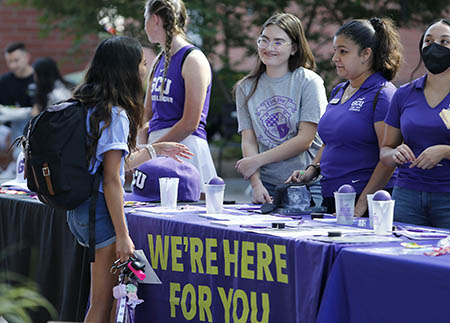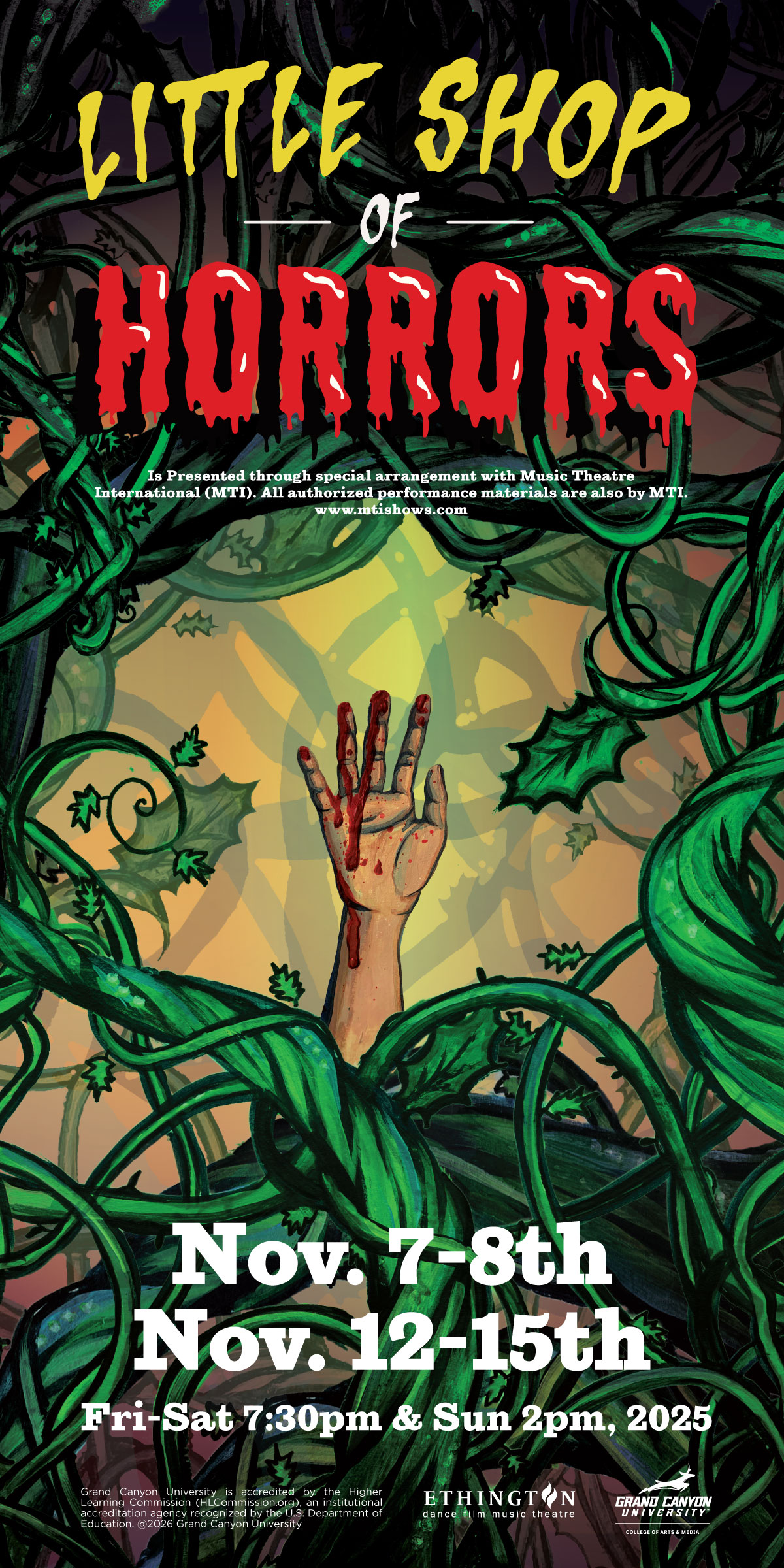By Connie Colbert
GCU Director of Health Services

May is Stroke Awareness Month. Did you know that …
- Stroke is the leading cause of disability and the fifth-highest cause of death in the United States every year.
- A stroke can happen at any age, at any time.
- Every 40 seconds, a person in the United States has a stroke.
- 1 in 3 women has high blood pressure (which is the biggest stroke risk factor) and doesn’t know she has it.
- Not all women are equally affected by stroke; Black women are more likely to have a stroke than any other racial or ethnic group of women in the U.S.
- Up to 80% of all strokes are preventable, according to the Centers for Disease Control and Prevention (CDC).
You are at a greater risk for a stroke if:
- You eat a diet high in saturated fats, trans fat and cholesterol
- You do not get enough physical activity
- You drink too much alcohol (more than 1 drink per day for women or 2 per day for men)
- You smoke
- You have high blood pressure
- You have diabetes
- You are obese
- You have high cholesterol
What is a stroke?
A stroke occurs when the supply of blood to the brain is reduced or blocked completely, which prevents brain tissue from getting oxygen and nutrients.
A stroke can be broken into two main categories:
- Ischemic: This type of stroke occurs when blood flow to part of your brain is blocked. The block is usually caused by a blood clot that gets stuck in a narrow blood vessel. When oxygen cannot get to an area of the brain, tissue in that area may get damaged.
- Hemorrhagic: This type of stroke makes up about 13% of stroke cases. It is caused by a weakened vessel that ruptures and bleeds into the surrounding brain. The blood accumulates and compresses the surrounding brain tissue.
Most importantly, know the signs
It will save a life – yours or someone else’s.
Every minute counts when a stroke happens. Calling 9-1-1 right away can help you or a loved one get the lifesaving treatment needed to reduce the risk of death and serious disability from a stroke.
A stroke is an emergency requiring professional care immediately to achieve the best outcome. Nearly two million brain cells die every minute during a stroke. Early treatment leads to less brain damage, reduced disability rates and fewer deaths.
The word F.A.S.T. can help you remember and recognize the warning signs of a stroke.
- F = Face drooping. Is one side of your face sagging? Is your smile uneven?
- A = Arm weakness. Do you have numbness or weakness in one of your arms? Attempt to hold your arms outstretched at waist level. Is one of your arms drifting downward?
- S = Speech difficulty. Are you slurring your words? Are you unable to produce or understand speech and communicate how you normally do?
- T = Time to call 9-1-1. If you or someone you’re with shows any of these warning signs, immediate action is vital. The faster you get care, the better your chances of a positive outcome.


























